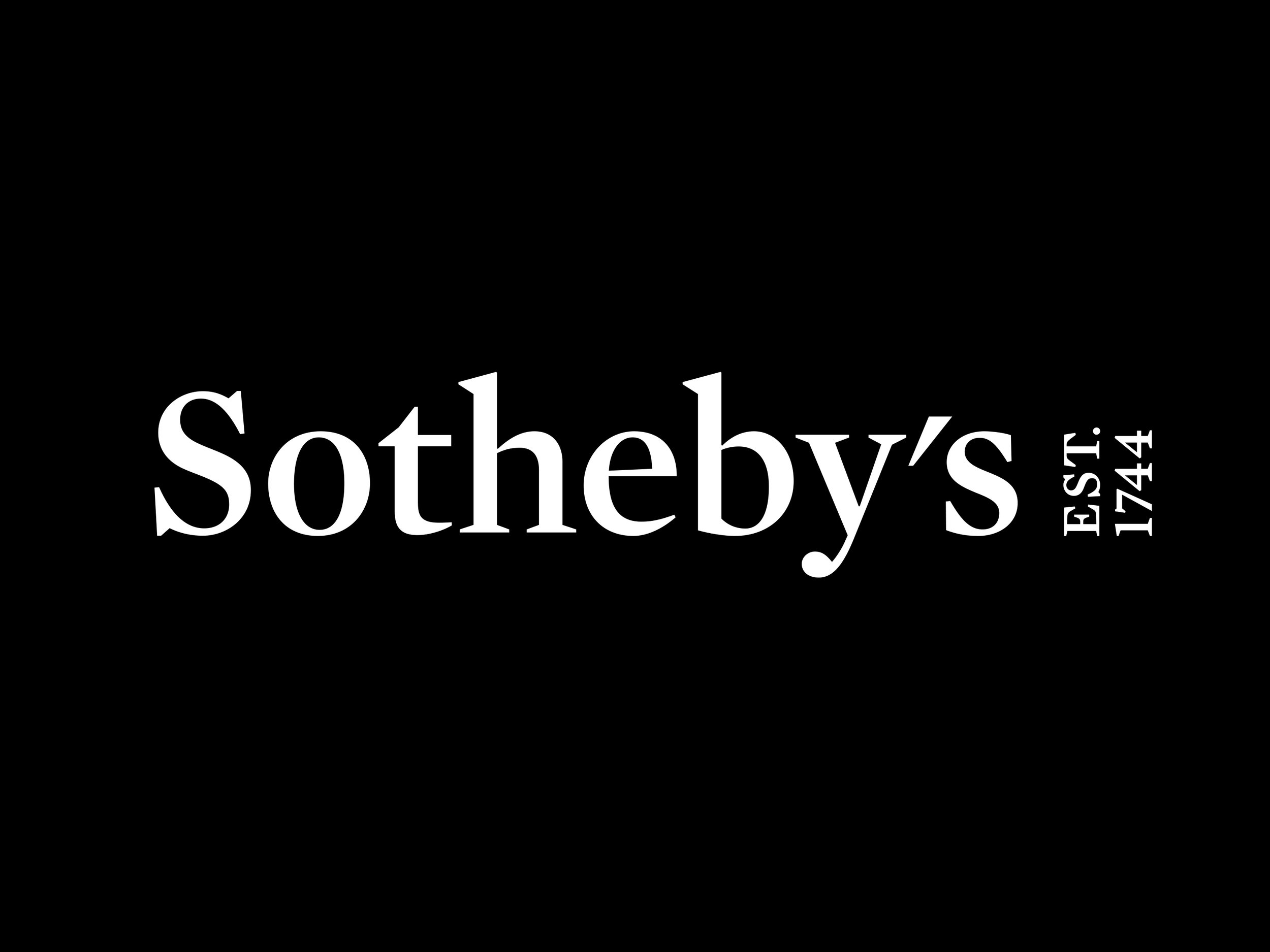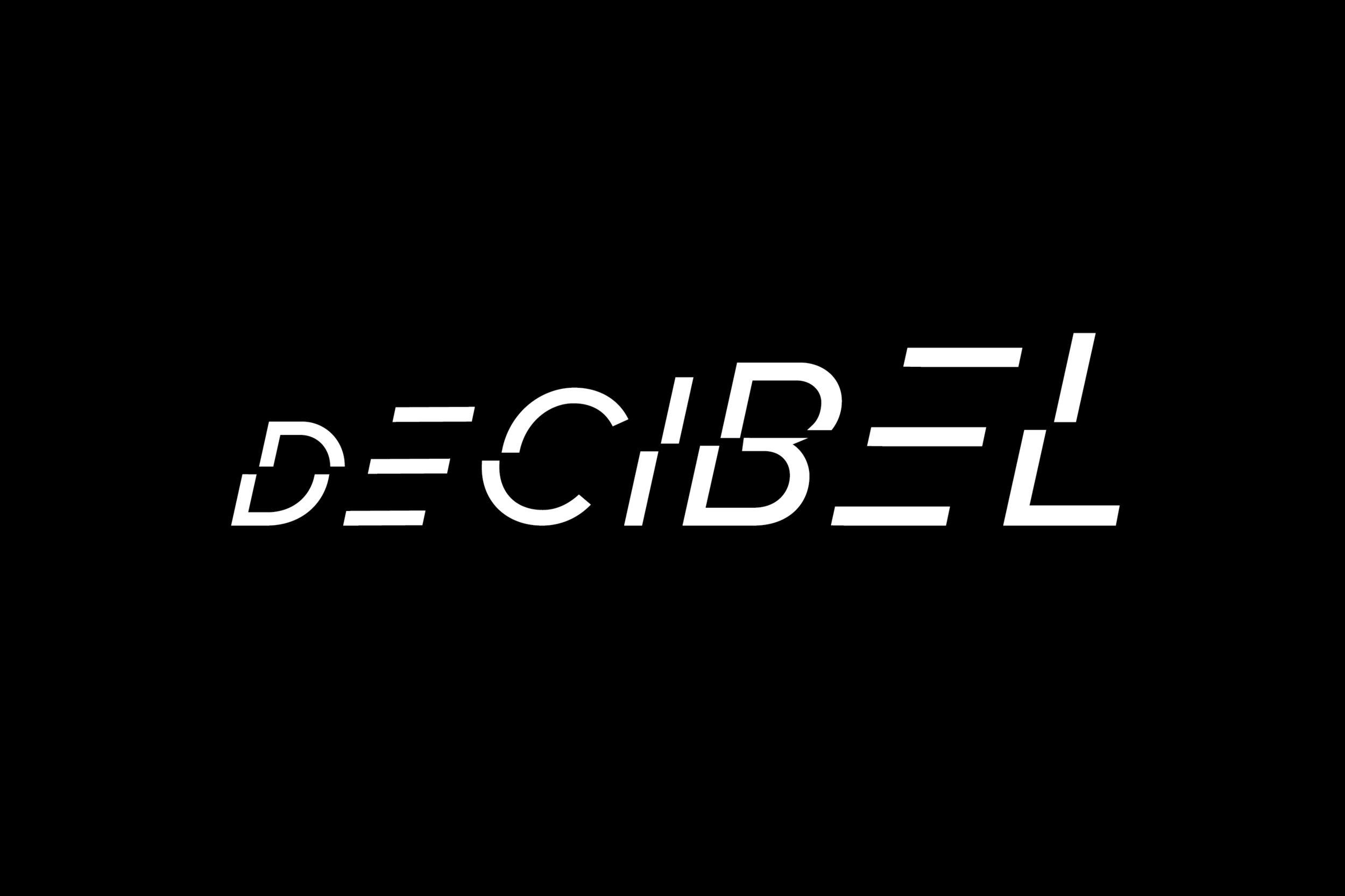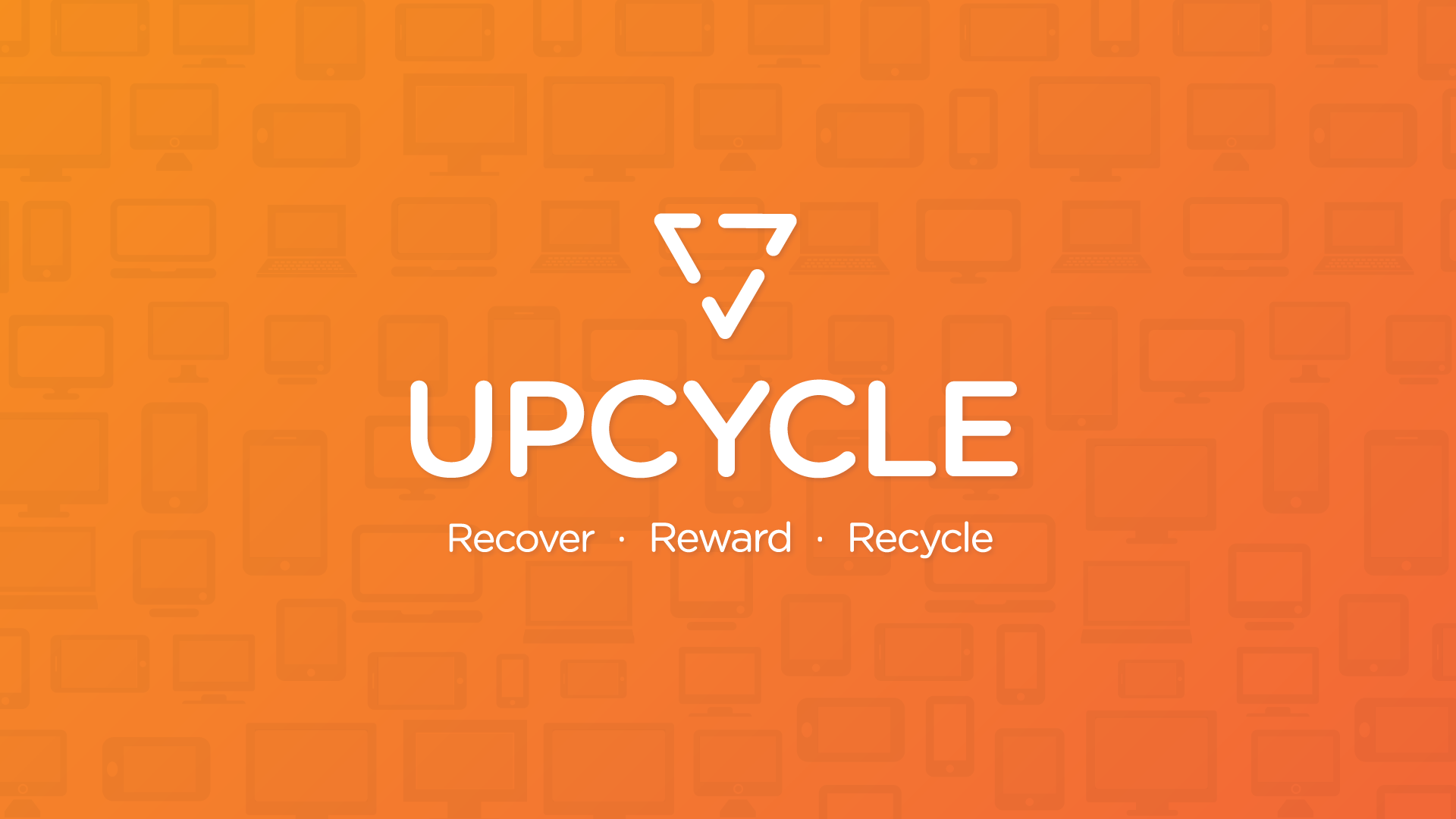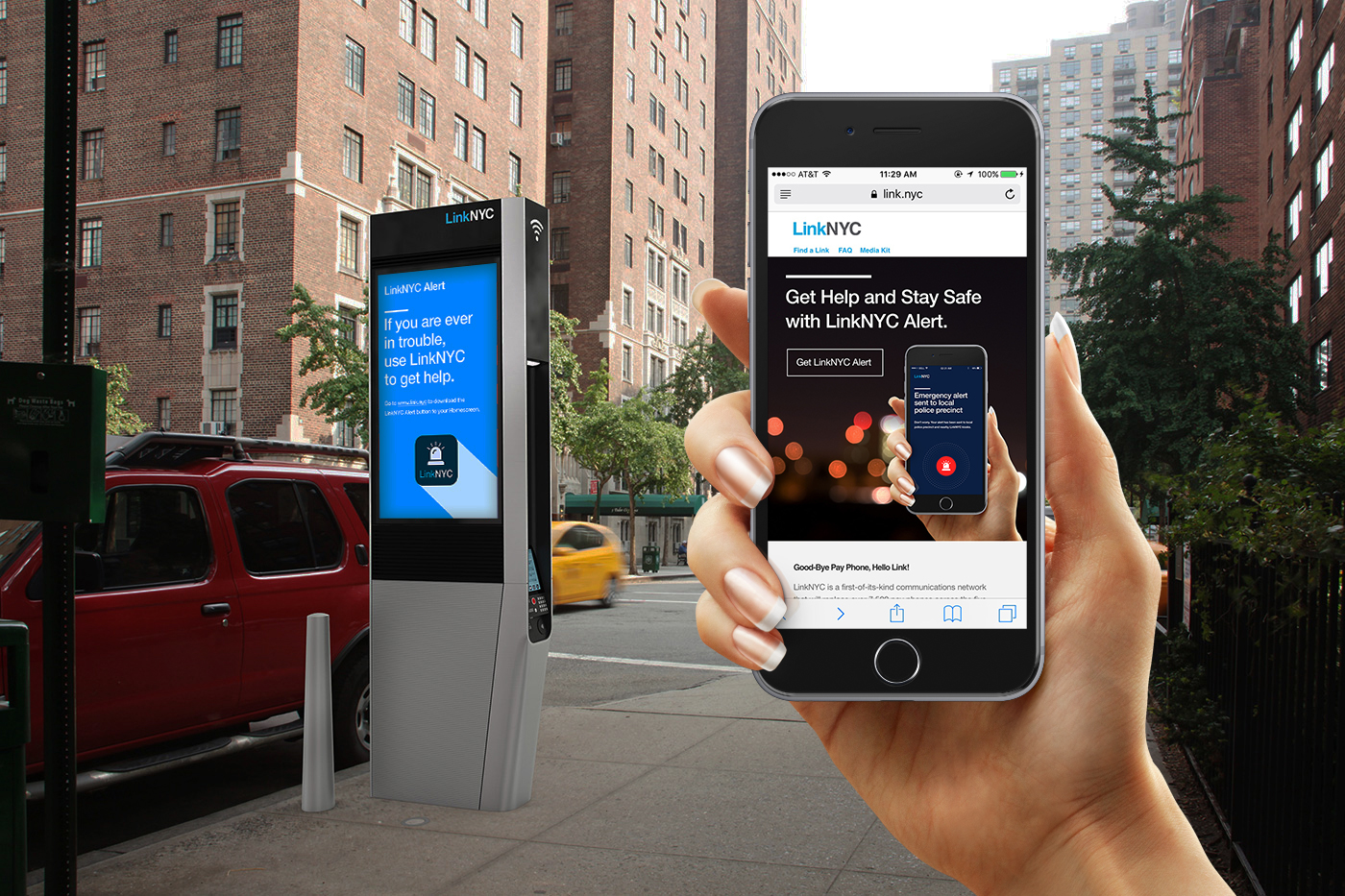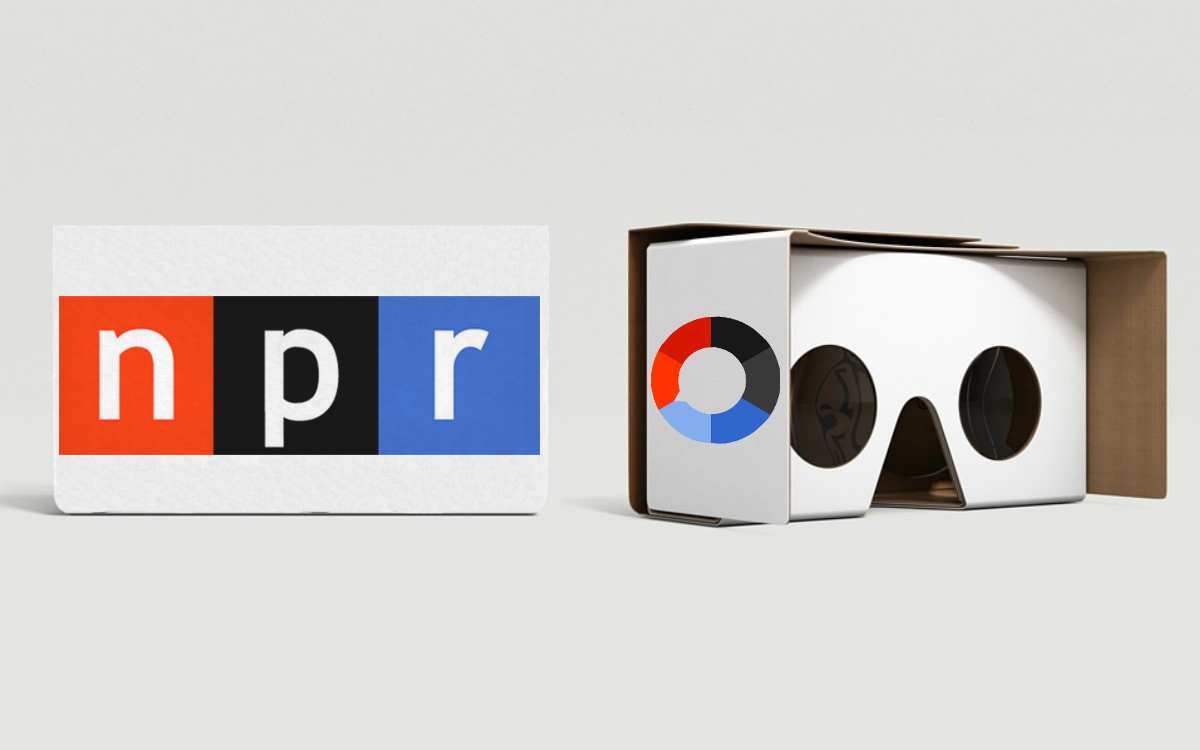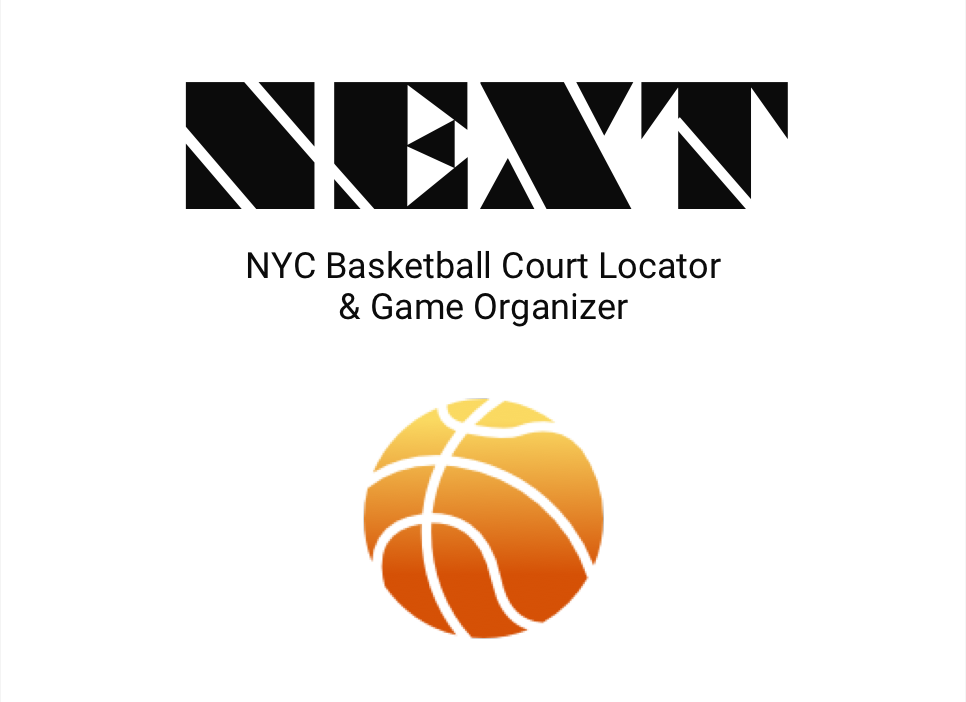How can we empower designers and researchers by democratizing the User Experience?
UX Research + Product Design: Build an accessible Research Library tool
Polaris is a research tool designed to make the co-working giant, WeWork, become a better listening organization. Over a period of six months, I and a couple other UX team members conducted qualitative user research by interviewing 500 WeWork members about various aspects of their member (user) experience. We would record these interviews whether it be over the phone, video chat, or in-person. We then used the online database tool, Airtable, to organize and breakdown the content into smaller snippets, which we liked to call "nuggets." From there, our Product Designer and UX Engineer began to build a platform that would allow any WeWork employee to search these nuggets to identify valid and reliable member needs before starting any new projects.
Scope: 6 months
Other team members: Tomer Sharon, Christopher Kennedy, Benjamin Gadbaw, Michele Marut, Kayla Farrell, Sam Carmichael, Sam Bauch, Jackie Hockersmith
My role: Qualitative Research, User Interviews, Develop taxonomy for library content, Maintain library content
The problem:
I. Bad Research Memory: Due to the vast amount of research that large organizations can conduct, many times researchers don't remember what studies or the results of said studies were from three years ago. This can lead to repeat research being conducted which is time and cost ineffective.
II. Research Silos: Many departments, teams, and individuals are conducting all sorts of research in an organization. Everyone is sharing their reports, results, and updates, but nobody is making sense of all the piles of data being collected.
III. Reports: Reports are extremely centered on what was found in a study and are not granular enough to be used in the future. Many studies start with specific goals but end up finding additional important data. Reports fail to convey this data and don't make it accessible for the future.
IV. Research Dictatorship: The only people "allowed" to offer insights after studies are completed––are researchers. Teams and individuals with product ideas depend on these insights and the supposed memory of researchers from past studies.
The solution:
Consuming nuggets starts with a simple search functionality.
We set out to democratize UX with a system we call Polaris. Our intentions are to meet three needs of WeWork team members:
I. Prioritize: Decide whether one project is more important than another based on data rather than passion and gut feeling. Polaris helps with identifying valid and reliable user needs.
II. Educate: Polaris helps with getting insights from actual users about a project that is already in progress.
III. Allocate: If a team is looking for its next project (big or small), Polaris helps decide what that project might be.
WeWork team members can curate playlists of nuggets and share them with others.
The atomic unit of a research insight in Polaris is called a nugget. A nugget is a combination of an observation (something we learned), evidence (an audio or video snippet of a user describing the experience in their own words, or a screenshot or photo), and tags that allow for slicing and dicing the data.
Polaris currently includes more than 4,000 nuggets based on hundreds of interviews.
The three c's of polaris:
Polaris allows WeWork team members from all corners of the company to complete the following actions:
I. Consume: Search the Polaris database for interesting nuggets, watch videos, and listen to audio recordings of members talking about their experience.
II. Create: Increase the nugget count in the database by allowing anyone at WeWork to create nuggets.
III. Curate: Assemble playlists of nuggets and share them with others in the company.




